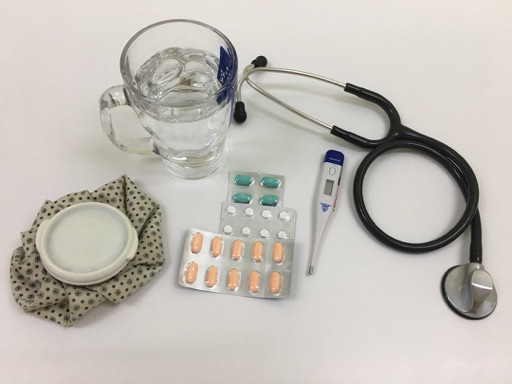The Food and Drug Administration (FDA) has expanded the approval of the weight loss drug Zepbound, developed by Eli Lilly, to treat obstructive sleep apnea (OSA) in adults with obesity. This marks a significant breakthrough as it is the first medication specifically approved for the condition, which affects approximately 39 million adults in the United States.
Zepbound, which contains the same active ingredient as Lilly’s diabetes medication Mounjaro, was previously authorized for use in adults who are overweight or suffer from obesity. The recent approval may encourage insurance companies, which have been hesitant to cover expensive weight loss treatments, to start providing coverage for this medication.
Julie Flygare, president and CEO of Project Sleep, an organization dedicated to raising awareness of sleep health, commented, “Too often, OSA is brushed off as ‘just snoring’ — but it’s far more than that.” OSA arises when the upper airway becomes obstructed during sleep, leading to disrupted airflow throughout the night and resulting in episodes where individuals wake up gasping for air.
Obesity, which can narrow the airway, is a primary factor contributing to sleep apnea. Untreated OSA can result in severe health complications, including diabetes, heart arrhythmias, heart failure, stroke, and brain damage. A recent study presented at the American Academy of Neurology’s annual meeting highlighted that individuals with sleep apnea are also at increased risk for memory and cognitive issues.
The approval of Zepbound supports the evidence that GLP-1 class drugs not only promote weight loss but also enhance overall health. March saw the FDA granting approval for Novo Nordisk’s Wegovy to mitigate heart disease risks, with ongoing studies evaluating whether GLP-1 drugs can help prevent Alzheimer’s and manage kidney disease.
How Zepbound aids individuals with sleep apnea is still being studied; it may assist through weight loss, or its active ingredient, tirzepatide, may provide additional benefits. Clinical trials conducted involved individuals with obesity experiencing moderate to severe sleep apnea. Participants using Zepbound lost an average of about 20% of their body weight.
Dr. Susan Spratt, a senior medical director at Duke Health, noted that while weight loss typically improves sleep apnea symptoms, achieving this weight loss without medication can be quite challenging.
Currently, OSA is primarily treated with positive airway pressure (PAP) machines, which deliver air to keep the airway open. Continuous positive airway pressure (CPAP) machines are the most common form. However, after a large-scale recall of CPAP devices in 2021 by Phillips Respironics due to safety concerns, many patients have faced difficulty with machine-related issues.
Alternative treatments include surgical procedures and oral devices, but these options can be costly or less effective. This scenario has amplified interest in oral medications such as GLP-1s. A weekly injection like Zepbound could potentially offer a solution for those unwilling to use a machine.
In clinical research, Zepbound outperformed placebos in reducing the number of breathing disruptions experienced nightly by participants. After one year, 42% of adults on Zepbound alone and 50% who combined it with PAP therapy reported remission or reduced symptoms.
While this approval is seen as a groundbreaking advancement, both Dr. Spratt and Dr. Timothy Morgenthaler from the Mayo Clinic emphasize the need for more treatment options, especially since many patients with sleep apnea may also struggle with coexisting conditions like insomnia. There is a consensus that managing sleep apnea involves more than simply keeping the airway open during sleep.

Source: NBC News





